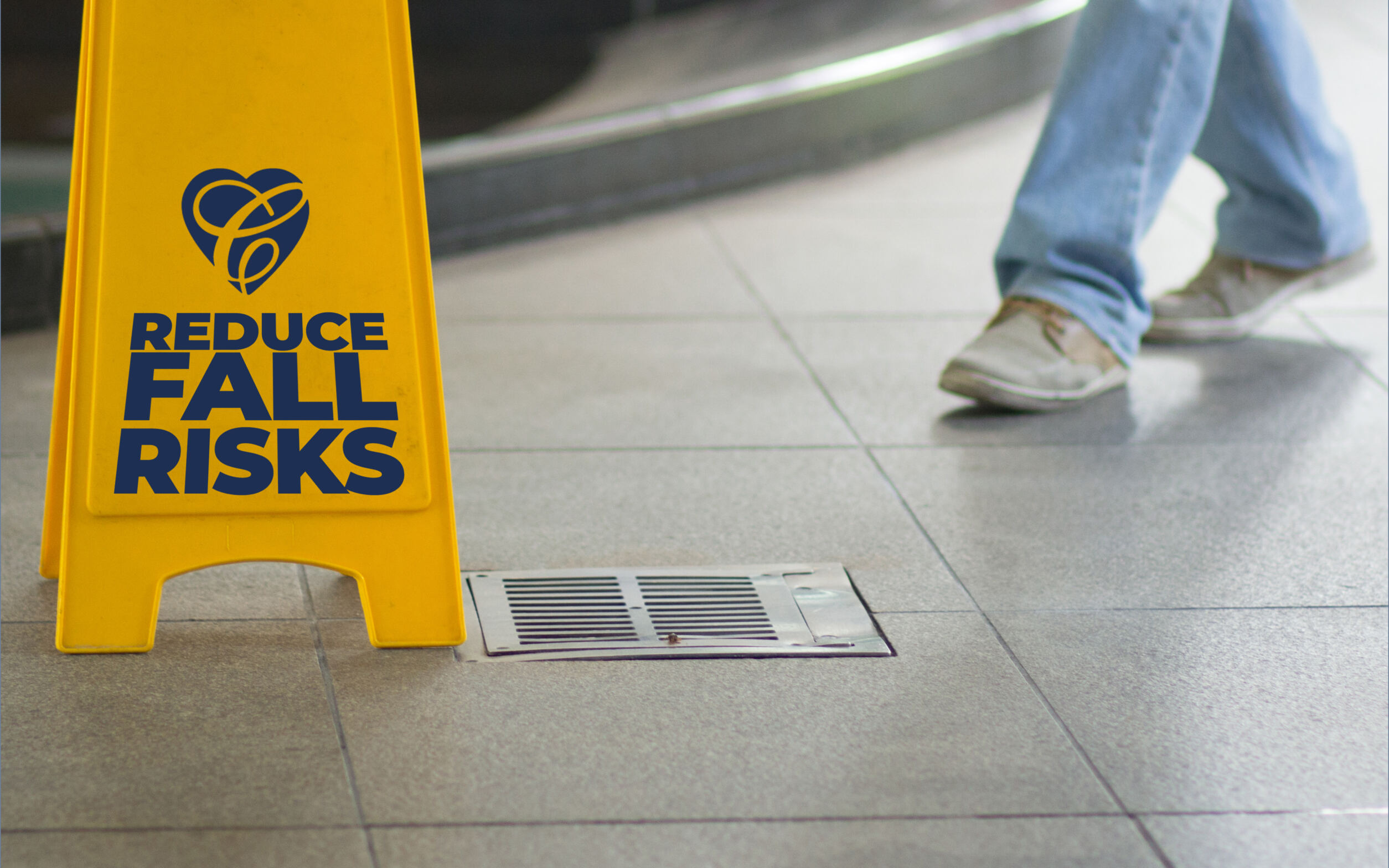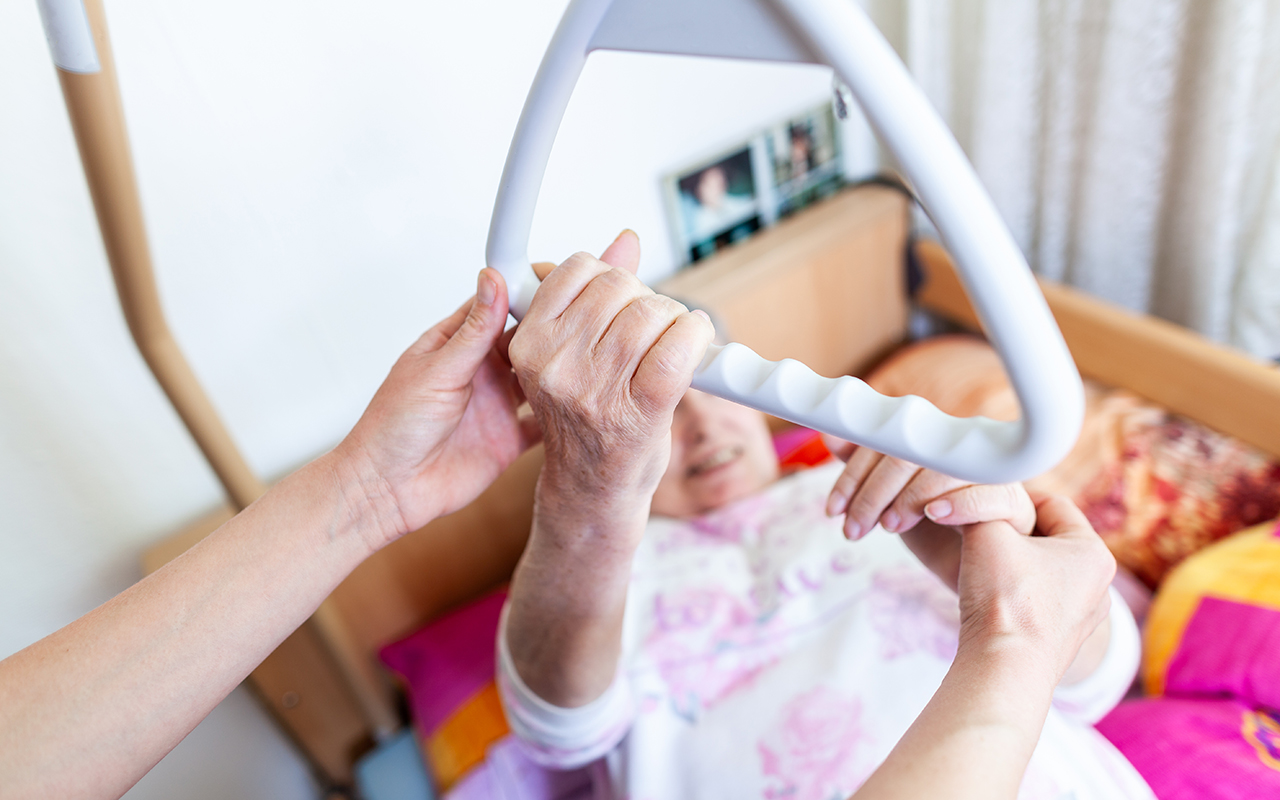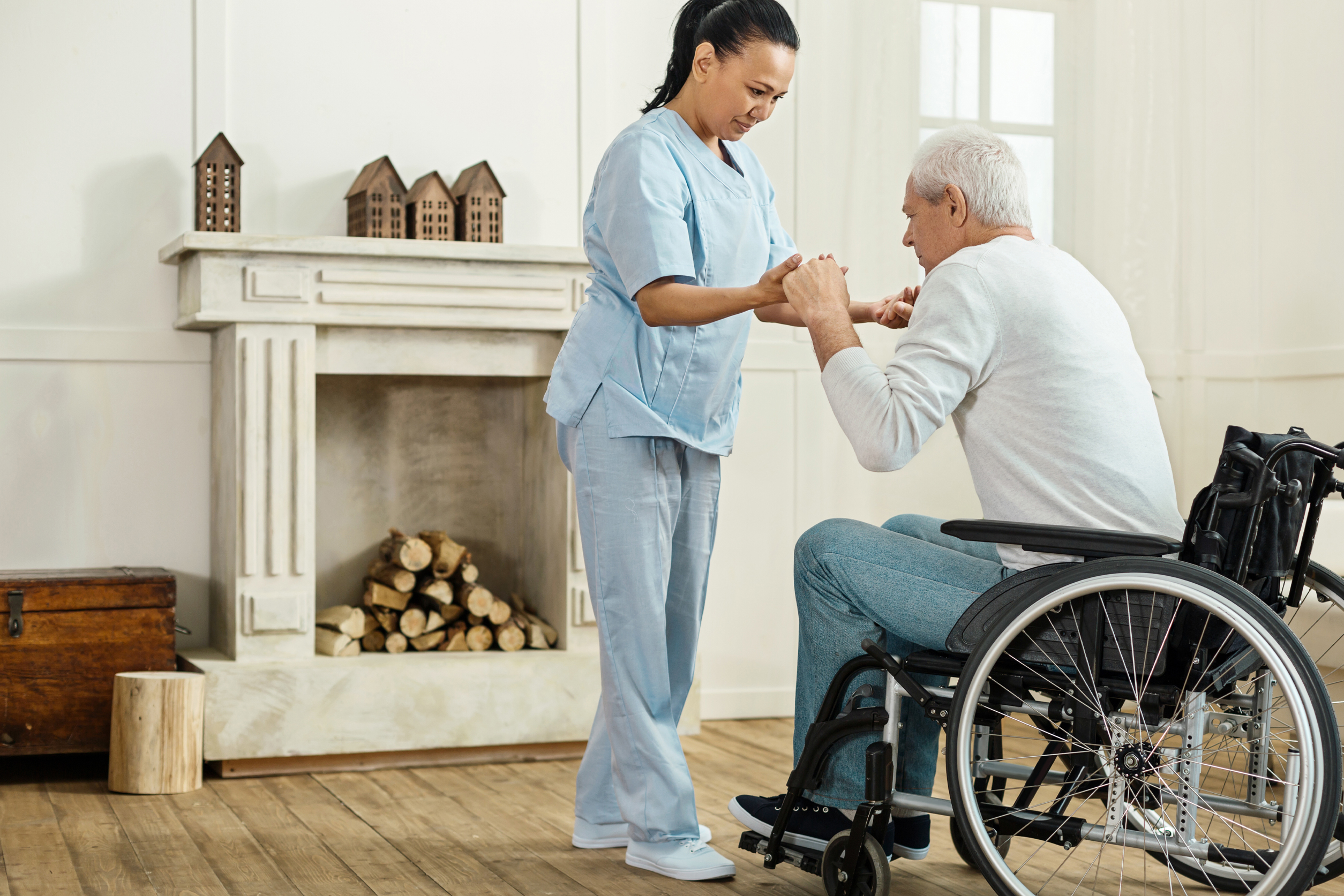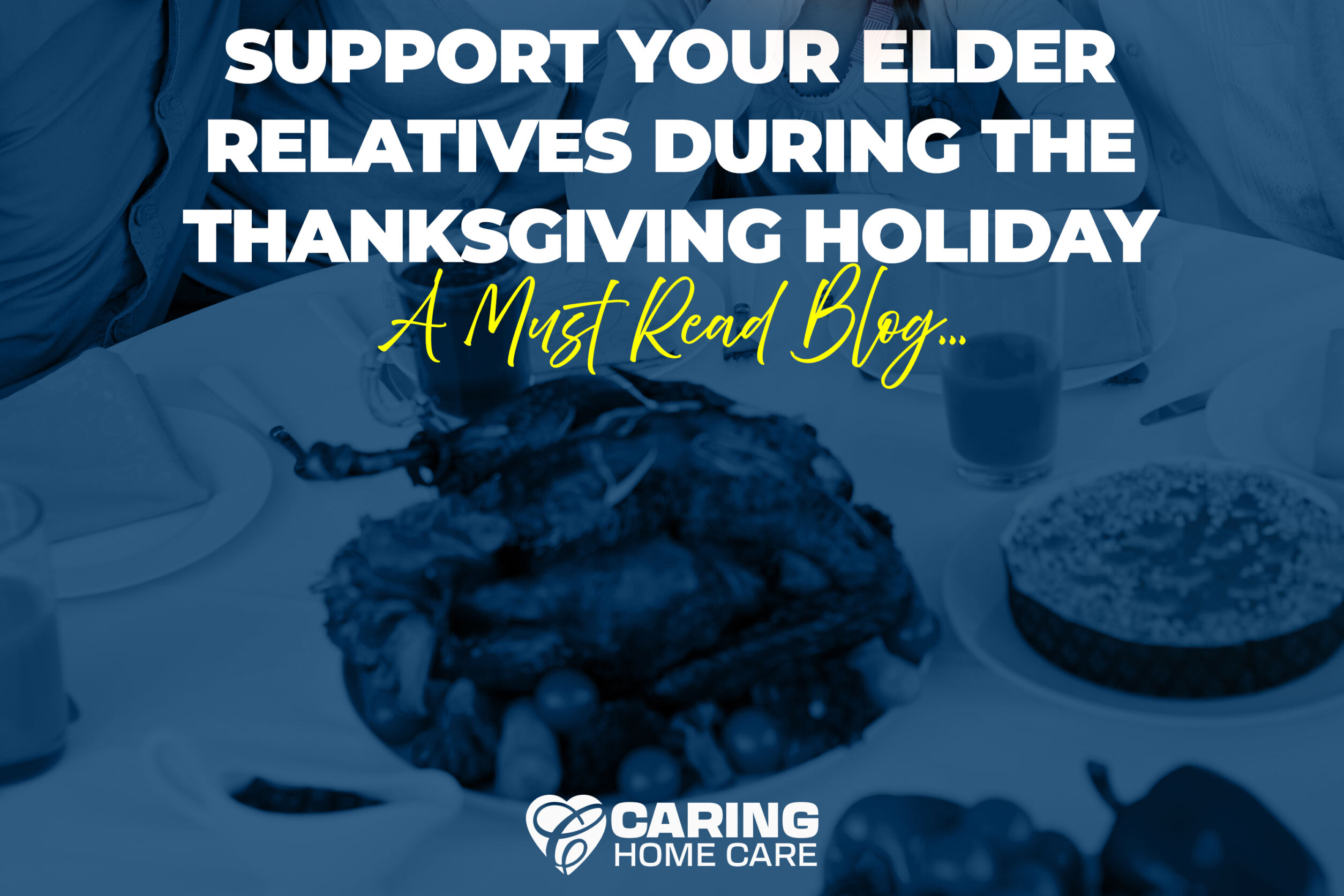Share
As we age, admitting we need help with everyday tasks can be a hard pill to swallow.
The responsibility of recognizing the early signs of our parents needing help with daily tasks such as cooking, bathing, grooming, and more often falls on us.
In this article, we have compiled top tips on how to know if your aging loved one needs a caregiver.
Difficulties With Mundane Daily Routines
Have you recently noticed your parent struggling with daily activities like showering, feeding, or problems using the bathroom? Is your aging loved one having problems attending to chores or simple household routines?
If you notice any of these signs, it is probably time for an in-home caregiver.
It is recommended to act immediately to prevent any major incidents. Often our parents recognize they are at risk for tripping, slipping in the shower, or burning themselves cooking and that’s why they start to avoid those activities.
If you see your parent starting to shy away from these behaviors, it may be time to discuss bringing in an in-home caregiver to help. This allows your parent to retain the ability to live independently while also living a high quality of life.
Noticeable Decline in Cognitive Abilities
Has your parent shown a decline in interest in activities they previously enjoyed?
Memory loss, difficulties with concentration, and the ability to keep track of time are telltale signs your loved one needs a caregiver.
Not only can this help your parent regain interest in previously enjoyed activities, but it also helps ensure important daily tasks are taken care of. For example, memory loss and inability to keep track of time can result in forgetting to take important medications and forgetting to eat.
Neglecting Household Responsibilities
Physical clues can help provide the answer to whether or not your elderly loved ones require help with daily living.
Has your parent started struggling with taking care of daily tasks at home? When your loved one starts having trouble paying household bills or keeping their environment tidy, it’s time to bring in a professional caregiver to help.
Here at Caring Home Care we have a team of certified in-home caregivers that can help improve the quality of life for your parent. Caregivers are trained in assisting with mobility, bathing/grooming/dressing, meal planning and prep, prescription reminders and so much more. Learn more about our in-home caregiving services today.
Small Daily Habits That Dramatically Reduce Fall Risk Falls are one of the most common causes of injury among seniors. Even a minor fall can lead to serious health complications, loss of independence, or extended recovery time. The good news is that many falls can be prevented. With the right daily routines, safety can be
How Caregivers Can Reduce Injury While Assisting Seniors Providing daily care for seniors is meaningful work. It can also be physically demanding. Many caregiver injuries happen during lifting, transferring, or repositioning seniors. These injuries are often preventable when proper techniques are used. Learning caregiver injury prevention strategies protects both the caregiver and the senior. It
Why Professional Home Care Is Safer Than Family Only Care Caring for an aging loved one is deeply personal. Many families step in with the best intentions. However, as care needs increase, family only caregiving can become overwhelming and risky. This is where professional home care plays a critical role. Professional caregivers are trained, experienced,
Connecting During the Thanksgiving Holiday: How to Support Your Elder Relatives The Thanksgiving holiday is a time filled with warmth, gratitude, and meaningful family traditions. However, for many older adults, it can also be a period of loneliness or emotional distance. This is especially true for seniors who live alone, have limited mobility, or are
Need A Caregiver? Fill Out Form Below
With our competitive rates, we make receiving in-home care affordable regardless of whether you’re using your insurance or paying out of pocket.







